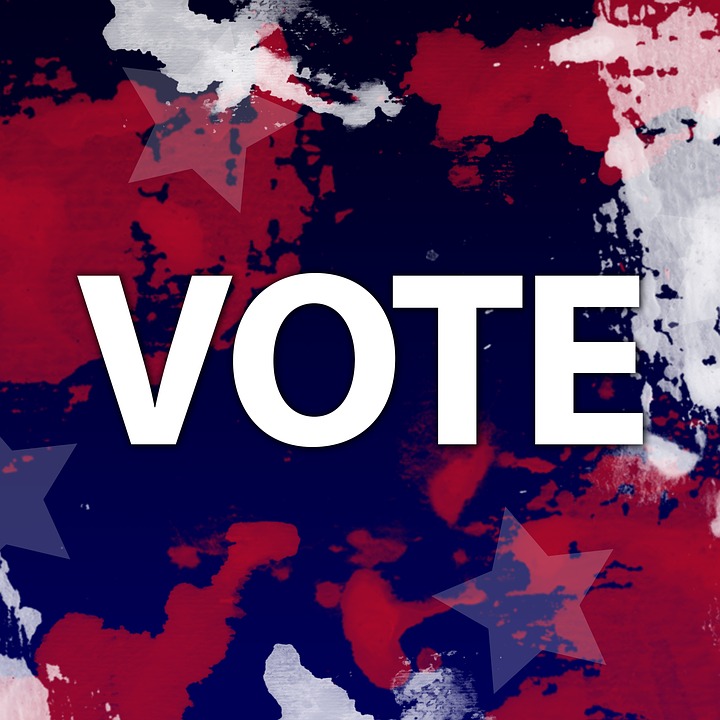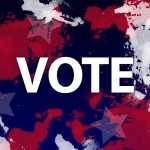The Working Catholic by Bill Droel
A victim syndrome underlies the divisiveness in our society, explains Frank Bruni in The Age of Grievance (Simon & Schuster, 2024).
Each of us experiences frustrations. We complain that the line in the grocery is too long and it was a mistake to shop or the neighbor’s dogs bark all day and a move to a No Pets apartment would be wise.
Grievance goes beyond such feelings of bad luck. We can normally get past daily frustrations with a swear word or two and a little wine at night. Grievance, however, is the belief that I have “been wronged,” writes Bruni. It has damaging psychological and social repercussions. Grievance is excess agitation and excess sensitivity. It leads to “wildly disproportionate outbursts” and perhaps conspiracy theories. They are out to get me, an aggrieved person suspects. Grievance is “an all-encompassing lens” through which past hurts regularly reappear, Bruni continues. It is unfortunately a conflation of “the picayune and the profound.”
Grievance is also different from bad luck in that it reduces frustration to fault in others. An aggrieved person sees that someone is above or ahead of them. The advantage, our aggrieved person quickly concludes, was unfairly gained at his or her expense. An example is someone who says, my tax dollars go toward assisting those lazy, illegal migrants.
Although he is our Whiner in Chief, Donald Trump did not start the grievance trend. Bruni mentions Alexis de Tocqueville (1805-1859) of France, who toured the U.S. and then famously wrote his generally positive impressions. However, de Tocqueville pointed out that people on our shores are forever “brooding over advantages they do not possess.” The grievance trend has steadily increased since the late 1960s as our culture and our economy have tilted away from organic communities and heavily toward individualism.
We no longer live in a Garden of Eden. There is bad luck, sin and dysfunctional institutions all around. However, children can learn to navigate life and thus develop a healthy disposition as adults. Erik Erikson (1902-1994) named stages of development. The crucial first one is trust vs. mistrust. That is, a child must come to believe that the world is generally a reliable place; that its scrapes and bumps and slights can soon enough be hopped over. Trust and thus happiness are achieved with dependable parents and a circle of good playmates.
Of course, Donald Trump doesn’t help matters with his harangues about scams and rigged processes and fake news and polluted institutions and losers. But Brudi goes beyond Trump’s pessimism to provide many examples of aggrieved behaviors. Brudi calls out those young adults who have a hyper-craving for safety. They want a buffer against what they consider offensive language, against teachers who present a full range of literature or history, against guest speakers with opposing views and more. A key word for these young adults is hurtful.
In addition to Trump, other forces are fueling grievance. For example, elements in the self-help movement have morphed into a presumption that “all feelings are presumed meaningful and warrant a group’s attention.” This hypersensitivity assumes a right to be “protected from disappointment,” leading perhaps to temperamental antics by an individual or groups.
The massive wealth gap is another accelerant. It undermines our country’s promise of upward mobility. The gap hits home through an array of cultural signals like elite seating at stadiums, concierge health care arrangements, displays of luxury porn in magazines and on TV, executive-only washrooms and the like.
Brudi also mentions the prevalence of dystopian movies and internet sites in which destruction and end times are depicted. These films support pessimism and justify grievance.
Don’t misunderstand. There is injustice in the world. The healthy response to which is the virtue of social justice. It is unhealthy to respond by fantasying villains lurking all around, by hallow displays of annoyance or by posturing oneself as a victim. Social justice is organizing like-minded people for improved policies or institutions. It requires competence, an end game and a good enough for now plan B.
Get What Is Social Justice? from National Center for the Laity (PO Box 291102, Chicago, IL 60629; $5)











